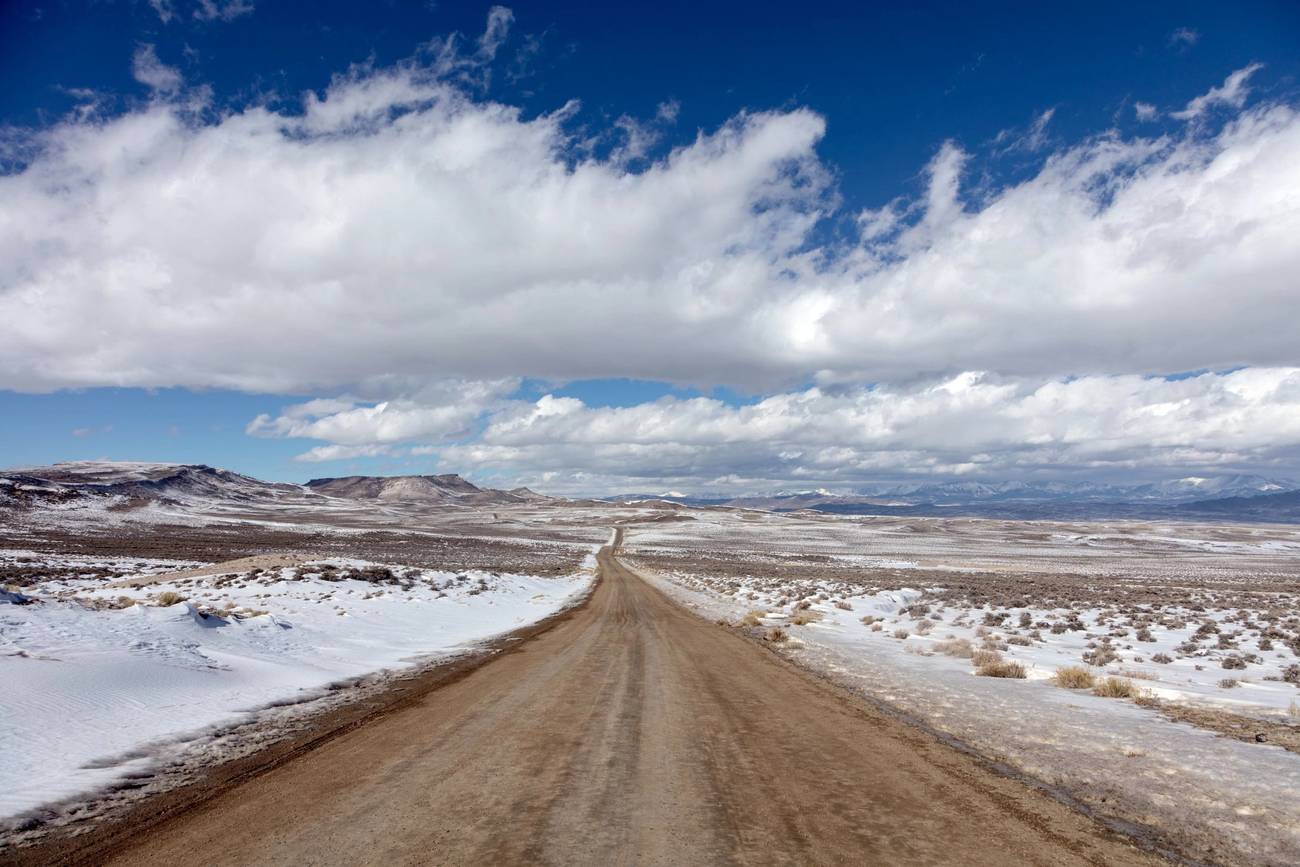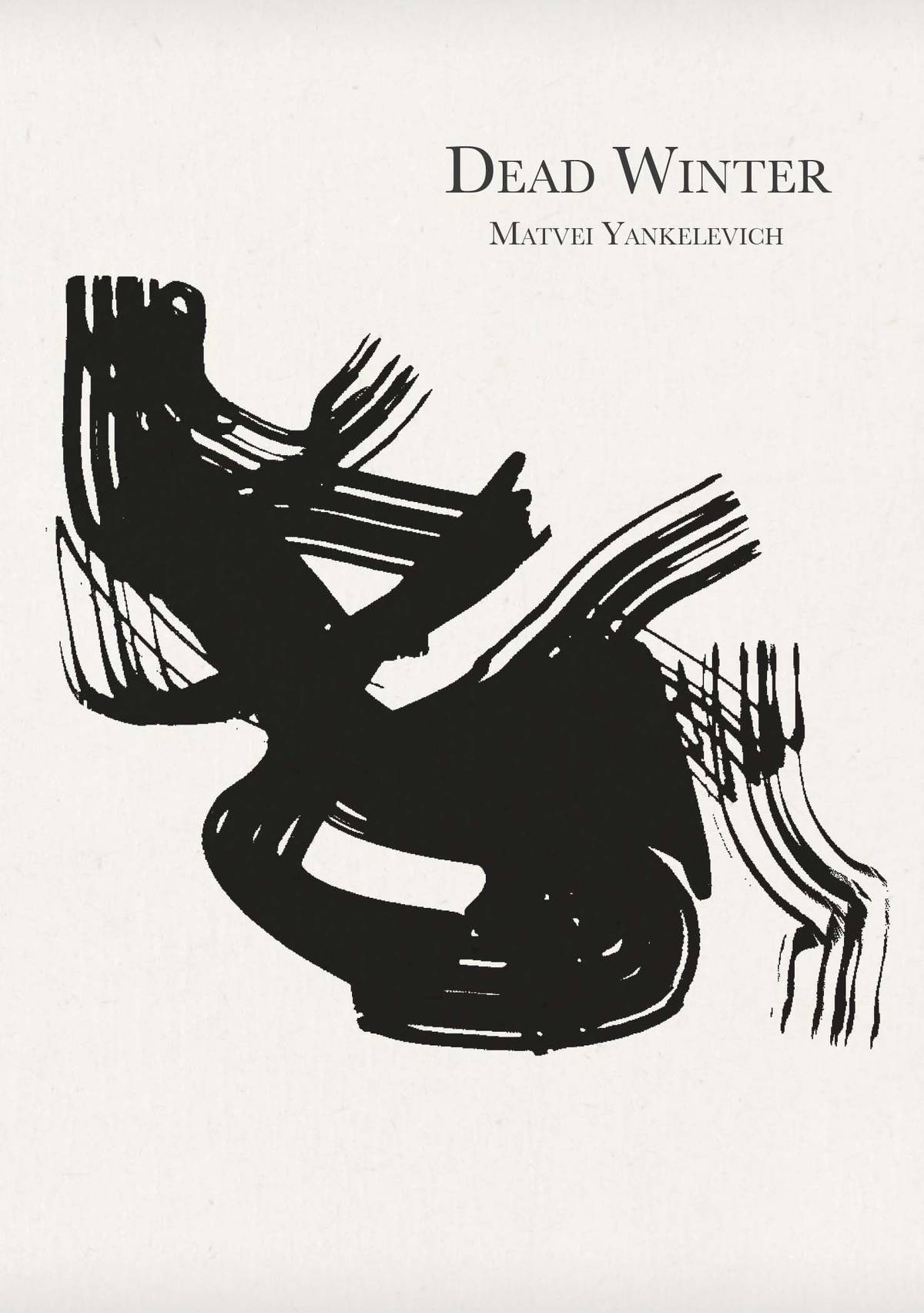Dead Winter
Matvei Yankelevich’s new book of poems offers a gentle, nostalgic place in which to hibernate



I’ve lived on the West Coast for almost nine years now, and I have not missed winter at all. But reading Matvei Yankelevich’s slender book Dead Winter, which came out earlier this year, for one hour I missed winter very much. Although there are no snow-covered hills or glittering boughs here, nor any other poeticized-to-death aspects of winter beauty, there is, instead, a peculiar kind of wintry leisure that courses all through this collection, allowing a gentle hibernation in one’s own thoughts and language. There’s something irresistibly old-school about Yankelevich’s winter: He’s not watching TV or scrolling through his phone, not paying the bills or stressing about them. It is as if such inanities are not in any way a part of his world, where one can blow smoke out of the window, read, slowly enjoy one’s meals, make witty self-deprecating remarks, and, above all, think about the complexities of poetry. Who wants the hectic eternal summer of the West Coast when you can have all that?

Yankelevich is a poet and award-winning translator of Russian avant-garde writers Daniil Kharms and Alexander Vvedensky, as well as one of the founders of the iconic Ugly Duckling Presse. Championing the works of Eastern European poets, and more broadly poetry in translation, is central to much of his work. Although this collection may not be as focused on migration between countries or languages, the subject isn’t absent either. In one of the collection’s 27 untitled poems, Yankelevich drops a line that, I think, sums up a whole diasporic, émigré spirit within it: “what’s foreign when / I am at home, save me?”
The first of the two poems featured below quickly turns the wintery view outside of the window into a grammatical, linguistic vision. A “landscape in questions” is playful in that it mockingly grins in the direction of the formal phrase “in question” but also, perhaps, evokes a thought of the mysterious world hidden beneath the snow, a world ensconced in a poem.
The second poem, much in the same key, ends with a memorable reversal: “Who will continue here once roads / are open after winter’s close?” If, normally, spring and roads’ opening are a cause to be celebrated, it is truly a poet’s task to nostalgically retreat, to seal oneself within. Perhaps unsurprisingly, then, these are also to be the last two lines of the whole book.
Winter — a landscape in questions, old
punctuation. The floorboards creaking,
I step out to bitter moons. Don’t worry,
the notebooks are all with the proper
authorities. Such little things make life
and buttonholes let it seep out. It can
happen in no time and now it’s over.
The window cracks the landscape into
allegory. The grove of spruce or pine,
over there, it stands apart.
The planner is full, and it’s only February.
∇
To have a book to read and not
to read it. Smoke out a window
at the rain — someone to talk to
but not to talk with them. Silence
but for plastic keys struck softly.
No bell for waking, nor for sleep;
tolling the eights on chestnut desk.
Who will continue here once roads
are open after winter’s close?
Jake Marmer is Tablet’s poetry critic. He is the author of Cosmic Diaspora (2020), The Neighbor Out of Sound (2018) and Jazz Talmud (2012). He has also released two jazz-klezmer-poetry records: Purple Tentacles of Thought and Desire (2020, with Cosmic Diaspora Trio), and Hermeneutic Stomp (2013).